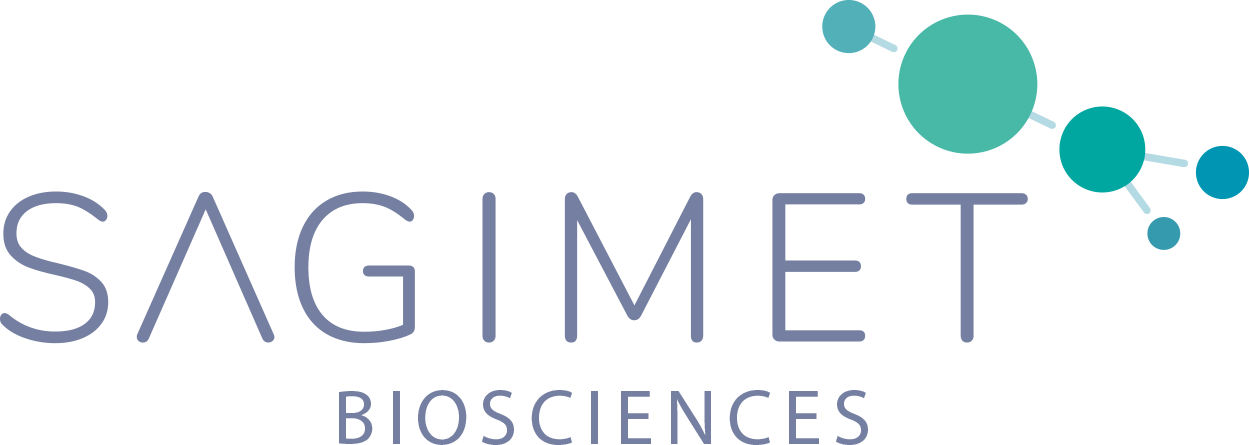Sagimet Biosciences Presents Data from ITT and F3 Patient Population in Phase 2b FASCINATE-2 Clinical Trial of Denifanstat at EASL International Liver Congress 2024
Denifanstat achieved statistically significant results on primary and secondary liver biopsy endpoints in the ITT population, including both histology endpoints recommended in the FDA draft guidance for accelerated approval in MASH
Denifanstat showed a statistically significant improvement in liver fibrosis ≥1-stage without worsening of MASH in the ITT population, including in patients with baseline stage 3 fibrosis
Statistical significance also shown in improvement of liver fibrosis ≥2-stage without worsening of MASH in the mITT population, including in patients with baseline stage 3 fibrosis
Tripalmitin, a biomarker of denifanstat activity, showed an early and sustained reduction in de novo lipogenesis at 4-weeks
Safety in the ITT population showed denifanstat was generally well tolerated
Management to host live webcast with Principal Investigator Dr.
“Our presentation of the FASCINATE-2 study data shows the strong impact of denifanstat, a novel therapeutic designed to reduce the three main drivers of MASH - fat accumulation, inflammation, and fibrosis. The week 52 data on the improvement of fibrosis both by ≥ 1 and ≥ 2 stages, particularly in the F3 patient population, are very encouraging and differentiate denifanstat,” said
Positive top line data was announced for the FASCINATE-2 Phase 2b study on
- The primary endpoint of ≥2-point reduction in NAS (NAFLD Activity Score) without worsening of fibrosis (16% placebo vs 38% with denifanstat, p=0.0035) or MASH resolution with ≥2-point reduction in NAS resolution without worsening of fibrosis (11% placebo vs 26% with denifanstat, p=0.0173) in the intention to treat (ITT) population.
- Secondary endpoints of fibrosis improvement by ≥ 1 stage with no worsening of MASH in the ITT (14% placebo vs 30% with denifanstat, p=0.0199) and F3 (13% placebo vs 49% with denifanstat, p=0.0032) populations, and fibrosis improvement by ≥ 2 stages with no worsening of MASH in the mITT (2% placebo vs 20% with denifanstat, p=0.0065) and F3 (4% placebo vs 34% with denifanstat, p=0.0050) populations.
- Data on significant increase in beneficial polyunsaturated triglycerides at the end of 52 week of treatment (-4% placebo vs +42% denifanstat, p<0.001) in the mITT population.
- A biomarker of denifanstat activity (tripalmitin) showed an early and sustained reduction in de novo lipogenesis at 4-weeks (-0.4ug/mL placebo vs -2.4ug/ml with denifanstat, p=0.001) and 13-weeks (-0.1ug/mL placebo vs -2.1ug/mL with denifanstat, p=0.005) in the mITT population.
“Denifanstat is the only FASN inhibitor currently in clinical development for MASH,” commented
Endpoints and Improvements From FASCINATE-2 Reported at EASL 2024
| Patient Population |
Denifanstat 50 mg |
Placebo | P-value vs placebo | |
| Primary Endpoints | ||||
| ≥ 2-point decrease in NAS without worsening of fibrosis | ITT | 38% | 16% | 0.0035 |
| MASH resolution without worsening of fibrosis with ≥2-point reduction in NAS | ITT | 26% | 11% | 0.0173 |
| Other Endpoints | ||||
| Improvement of fibrosis by ≥ 1 stage with no worsening of MASH |
ITT | 30% | 14% | 0.0199 |
| mITT- F3 | 49% | 13% | 0.0032 | |
| Improvement of fibrosis by ≥ 2 stage with no worsening of MASH |
mITT | 20% | 2% | 0.0065 |
| mITT- F3 | 34% | 4% | 0.0050 | |
| Polyunsaturated Triglycerides | mITT | +42% | -4% | <0.001 |
| Tripalmitin* | mITT | -2.1ug/mL | -0.1ug/mL | 0.005 |
Modified intent-to-treat population (mITT) includes all patients with paired biopsies, n=81 denifanstat, n=45 placebo; ITT population: n =112 denifanstat, n=56 placebo.
*13-week timepoint
Safety and Tolerability
As in prior studies, no treatment-related serious adverse events (SAEs) were observed, and the majority of adverse events (AEs) were mild to moderate in nature (Grades 1 and 2). There were no Grade ≥3 treatment-related AEs, and no drug-induced liver injury (DILI) signal in the study. The most common treatment-related AEs by system organ class (observed in ≥5% of patients in the study) were eye disorders (denifanstat 15.2%, placebo 16.1%), gastrointestinal disorders (denifanstat 11.6%, placebo 8.9%), and skin and subcutaneous tissue disorders (denifanstat 22.3%, placebo 7.1%). The incidence of treatment emergent adverse events (TEAEs) leading to treatment discontinuation was 19.6% in the denifanstat group compared to 5.4% in placebo.
Webcast Information
Management will host a live webcast with Principal Investigator Dr.
About the Phase 2b FASCINATE-2 Clinical Trial
The Phase 2b FASCINATE-2 clinical trial was a 52-week randomized, double-blind, placebo-controlled trial that evaluated the safety and histological impact of denifanstat compared to placebo in 168 biopsy-confirmed MASH patients with moderate-to-severe fibrosis (stage F2 or F3) with NAS ≥4. Patients were randomized 2:1 to receive 50 mg denifanstat or placebo, taken orally once daily. An end-of-trial biopsy was assessed by a central pathologist for histological endpoints. Liver biopsies were also analyzed using AI-based digital pathology.
About
Sagimet is a clinical-stage biopharmaceutical company developing novel fatty acid synthase (FASN) inhibitors that are designed to target dysfunctional metabolic pathways in diseases resulting from the overproduction of the fatty acid, palmitate. Sagimet’s lead drug candidate, denifanstat, is an oral, once-daily pill and selective FASN inhibitor in development for the treatment of MASH. FASCINATE-2, a Phase 2b clinical trial of denifanstat in MASH with liver biopsy-based primary endpoints, was successfully completed with positive results. For additional information about Sagimet, please visit www.sagimet.com.
About MASH
MASH is a progressive and severe liver disease which is estimated to impact more than 115 million people worldwide, for which there is only one recently approved treatment in
Forward-Looking Statements
This press release contains forward-looking statements within the meaning of, and made pursuant to the safe harbor provisions of, The Private Securities Litigation Reform Act of 1995. All statements contained in this press release, other than statements of historical facts or statements that relate to present facts or current conditions, including but not limited to, statements regarding: the expected timing of the presentation of data from ongoing clinical trials, Sagimet’s clinical development plans and related anticipated development milestones, Sagimet’s cash and financial resources and expected cash runway. These statements involve known and unknown risks, uncertainties and other important factors that may cause Sagimet’s actual results, performance or achievements to be materially different from any future results, performance or achievements expressed or implied by the forward-looking statements. In some cases, these statements can be identified by terms such as “may,” “might,” “will,” “should,” “expect,” “plan,” “aim,” “seek,” “anticipate,” “could,” “intend,” “target,” “project,” “contemplate,” “believe,” “estimate,” “predict,” “forecast,” “potential” or “continue” or the negative of these terms or other similar expressions.
The forward-looking statements in this press release are only predictions. Sagimet has based these forward-looking statements largely on its current expectations and projections about future events and financial trends that Sagimet believes may affect its business, financial condition and results of operations. These forward-looking statements speak only as of the date of this press release and are subject to a number of risks, uncertainties and assumptions, some of which cannot be predicted or quantified and some of which are beyond Sagimet’s control, including, among others: the clinical development and therapeutic potential of denifanstat or any other drug candidates Sagimet may develop; Sagimet’s ability to advance drug candidates into and successfully complete clinical trials, including its FASCINATE-2 Phase 3 clinical trial; Sagimet’s relationship with
Contact:
Joyce Allaire
LifeSci Advisors
JAllaire@lifesciadvisors.com

Source: Sagimet Biosciences Inc.



